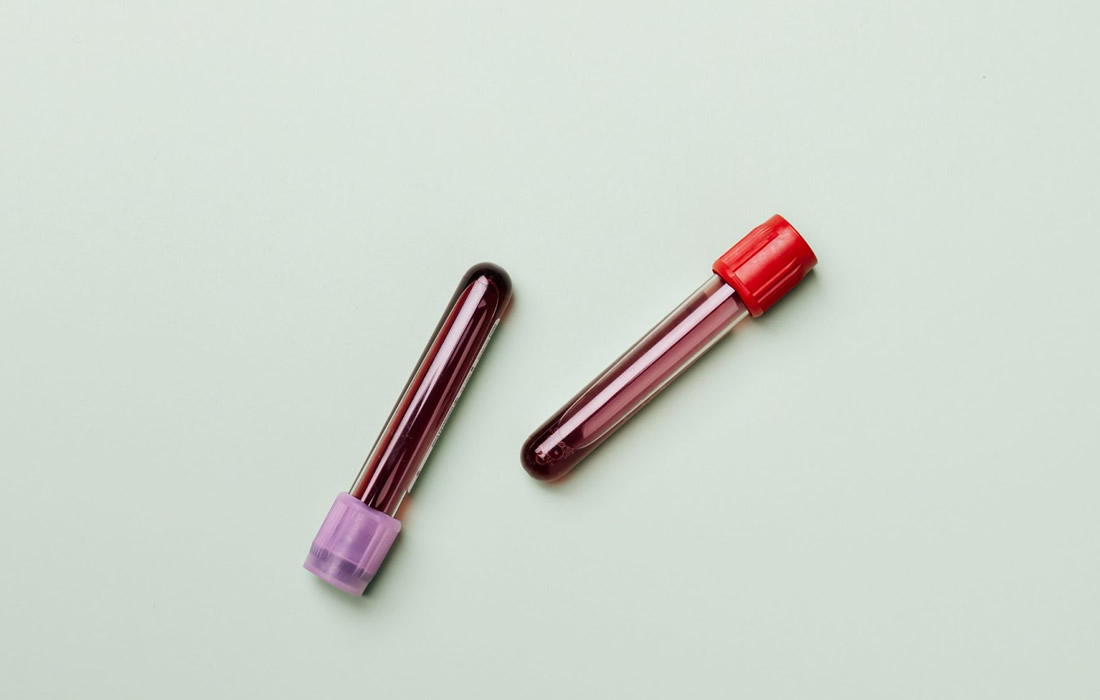Regenerative Medicine News and General Information
Blood Test for Depression, Bipolar Disorder
Worldwide, 1 in 4 people will suffer from a depressive episode in their lifetime.
While current diagnosis and treatment approaches are largely trial and error, a breakthrough study sheds new light on the biological basis of mood disorders, and offers a promising blood test aimed at a precision medicine approach to treatment.
Led by Alexander B. Niculescu, MD, PhD, the work builds on previous research conducted by Niculescu and his colleagues into blood biomarkers that track suicidality as well as pain, post-traumatic stress disorder and Alzheimer’s disease.
The team’s work describes the development of a blood test, composed of RNA biomarkers, that can distinguish how severe a patient’s depression is, the risk of them developing severe depression in the future, and the risk of future bipolar disorder (manic-depressive illness). The test also informs tailored medication choices for patients.
The team used a careful four-step approach of discovery, prioritization, validation and testing.
First, the participants were followed over time, with researchers observing them in both high and low mood states — each time recording what changed in terms of the biological markers (biomarkers) in their blood between the two states.
Next, Niculescu’s team utilized large databases developed from all previous studies in the field, to cross-validate and prioritize their findings.
From here, researchers validated the top 26 candidate biomarkers in independent cohorts of clinically severe people with depression or mania.
Last, the biomarkers were tested in additional independent cohorts to determine how strong they were at predicting who is ill, and who will become ill in the future.
From this approach, researchers were then able to demonstrate how to match patients with medications — even finding a new potential medication to treat depression.
“Blood biomarkers are emerging as important tools in disorders where subjective self-report by an individual, or a clinical impression of a healthcare professional, are not always reliable. These blood tests can open the door to precise, personalized matching with medications, and objective monitoring of response to treatment.” said Niculescu.
In addition to the diagnostic and therapeutic advances discovered in their latest study, Niculescu’s team found that mood disorders are underlined by circadian clock genes — the genes that regulate seasonal, day-night and sleep-wake cycles.
“That explains why some patients get worse with seasonal changes, and the sleep alterations that occur in mood disorders,” said Niculescu.
According to Niculescu, the work done by his team has opened the door for their findings to be translated into clinical practice, as well as help with new drug development.
Sources:
H. Le-Niculescu, K. Roseberry, S. S. Gill, D. F. Levey, P. L. Phalen, J. Mullen, A. Williams, S. Bhairo, T. Voegtline, H. Davis, A. Shekhar, S. M. Kurian, A. B. Niculescu. Precision medicine for mood disorders: objective assessment, risk prediction, pharmacogenomics, and repurposed drugs. Molecular Psychiatry, 2021; DOI: 10.1038/s41380-021-01061-w
Indiana University School of Medicine. “Blood test for depression, bipolar disorder.” ScienceDaily. ScienceDaily, 8 April 2021. <www.sciencedaily.com/releases/2021/04/210408112310.htm>.
Materials provided by Indiana University School of Medicine. Note: Content may be edited for style and length.
Images from:
Photo by Karolina Grabowska
https://www.pexels.com/photo/blood-samples-4047146/

